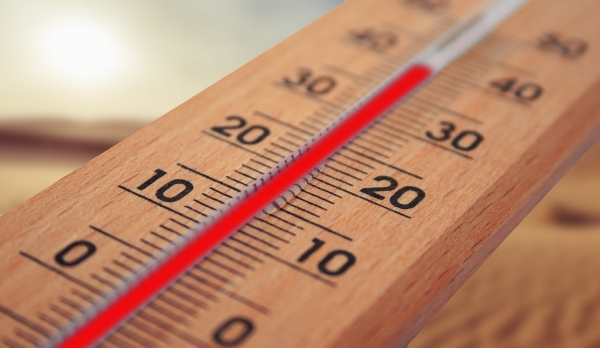A nationwide study in France has reported that during the 2019 heatwave, hot temperatures were closely linked with weight loss in heart failure patients, indicating worsening of their condition. The study is published today in ESC Heart Failure, a journal of the European Society of Cardiology (ESC).
“This study is the first to show a strict relationship between ambient temperature and body weight in heart failure patients,” said study author Professor François Roubille of Montpellier University Hospital, France. “The finding is timely given the heatwaves again this year. The weight loss we observed in people with heart failure may lead to low blood pressure, especially when standing up, and renal failure, and is potentially life-threatening. With rising temperatures forecast for the future, clinicians and patients should be ready to reduce the dose of diuretics when weight loss occurs.”
In patients with heart failure, the heart does not pump blood around the body as well as it should. Waste products accumulate, causing shortness of breath and fluid build-up in the lungs, legs and abdomen. Weight is the cornerstone of monitoring because weight gain is related to congestion, the main reason for hospital admission. Diuretics, also called water pills, are used to increase urine output and reduce breathlessness and swelling. ESC guidelines recommend educating patients to increase their diuretic dose or alert their healthcare team if they experience an increase in breathlessness or swelling or a sudden unexpected weight gain of more than 2 kg in three days. Weight loss has received less attention.
Read more at European Society of Cardiology
Photo Credit: geralt via Pixabay


